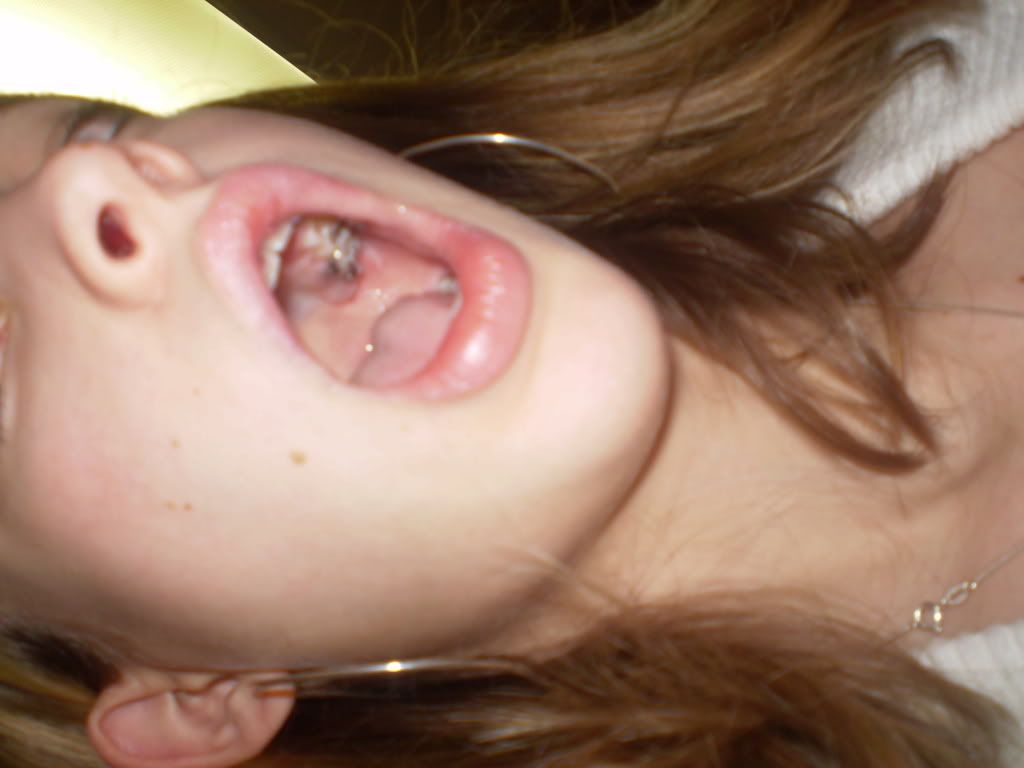 One of the common reasons for insomnia is associated with caffeine intakes. Caffeine is a chemical compound existed in certain plants such as tea leaves, coffee and cocoa beans. The attached is a photograph of the Taiwan Oolong tea bushes. Being a central nervous system stimulant, caffeine makes people stay awake because it inhibits the action of adenosine which in the end product promotes sleepiness naturally.
One of the common reasons for insomnia is associated with caffeine intakes. Caffeine is a chemical compound existed in certain plants such as tea leaves, coffee and cocoa beans. The attached is a photograph of the Taiwan Oolong tea bushes. Being a central nervous system stimulant, caffeine makes people stay awake because it inhibits the action of adenosine which in the end product promotes sleepiness naturally. How long will caffeine stay in human bodies after ingestion? That depends upon the biological half-life of caffeine which varies among individuals with depending factors such as age, and liver enzyme level for caffeine metabolism. A half-life is the time for a body to excrete half of the total amount of the drug. The half-life of caffeine ranges between 1.5 and 9.5 hours. In other words, the time for total caffeine elimination can be as short as 3 hours, or as long as 19 hours. Smoking shortens the half-life of caffeine. Older people, however, take longer time for caffeine excretion. Study results show that caffeine clearance delays in women taking contraceptives or during pregnancy. The half-life of caffeine largely prolongs in people with severe liver diseases.
Caffeine has a long-lasting effect on me in regard to sleep disruption. Similar to me, my mother and my two sisters are extraordinarily sensitive to caffeine too. Up to my knowledge, studies on genetic factors regarding the impact of caffeine have not been published in the literature. Indeed, not many people are aware of the effect of caffeine. One of my friends has been taking sleeping tablets for years. Not until a talk with me, she didn't realize that her difficulty sleeping was in link with her tea habit.
References
Parsons WD, Pelletier JG. Delayed elimination of caffeine by women in the last 2 weeks of pregnancy. Canadian Medical Association Journal. 1982;127(5):377-380.
Patwardhan RV, Desmond PV, Johnson RF, Schenker S, Impaired elimination of caffeine by oral contraceptive steroids. Journal of Laboratory and Clinical Medicine. 1980;95(4):603-608.
Somani SM, Gupta P. Caffeine: a new look at an old-age drug. International Journal of Clinical Pharmacology, Therapy, and Toxicology. 1988;26(11):521-533.
Statland BE, Demas TJ, Serum caffeine half-lives. Healthy subjects vs. patients having alcoholic hepatic disease. American Journal of Clinical Pathology. 1980;73(3):390-393.







